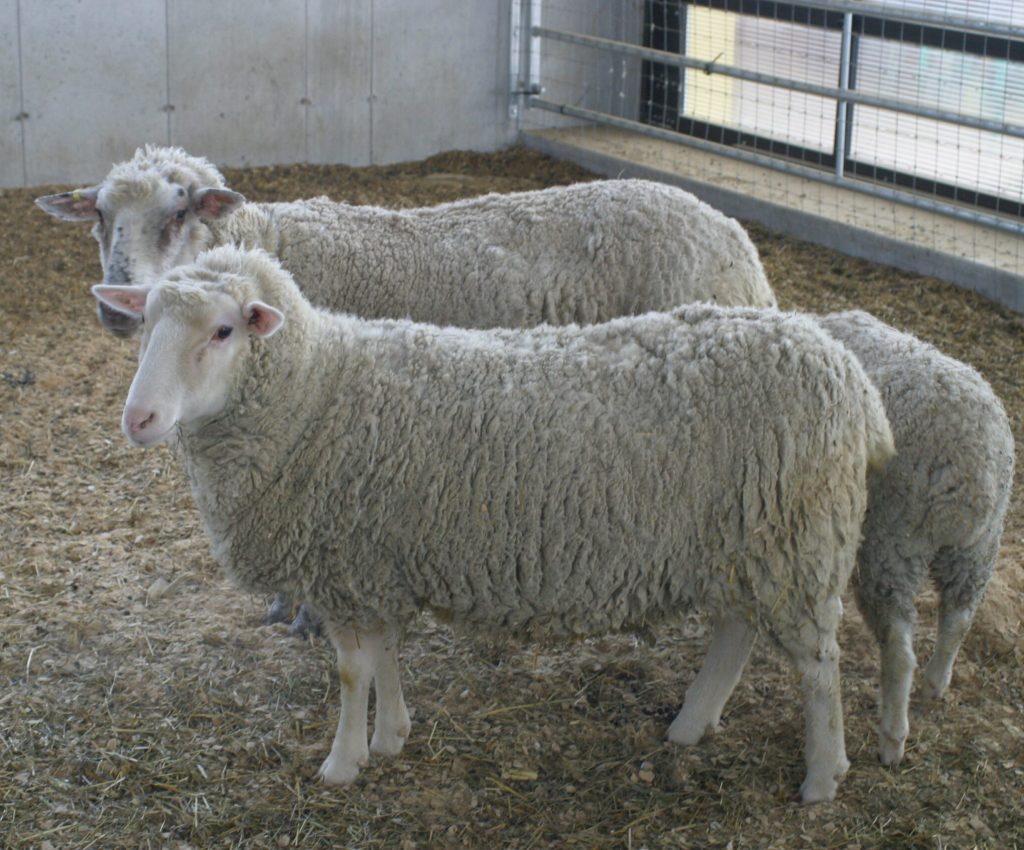Sheep farming holds profound importance as a versatile and sustainable agricultural practice. Historically valued for their wool, sheep have been integral to the textile industry for centuries. While wool remains a valuable byproduct, the focus of modern sheep farming has shifted predominantly to meat production. The increasing cost of processing wool, coupled with the widespread availability of synthetic materials, has prompted a transformation in the industry’s emphasis. Sheep farming now primarily serves the demand for high-quality lamb and mutton, providing a rich source of protein. Additionally, some specialized breeds contribute to the production of milk, offering further diversity in agricultural outputs. The adaptability of sheep farming reflects its enduring significance, as it continues to evolve to meet changing market demands while maintaining its role as a sustainable source of various agricultural products.
Sheep farming encounters many challenges and issues on a day-to-day basis, spanning from disease control to reproductive health and water quality. In navigating these complexities, solutions like Hydroxyl II play a key role in addressing the many demands of sustainable and efficient sheep farming practices.

Hydroxyl II emerges as a key solution in addressing the many challenges faced by sheep farmers. Starting from the source, it plays a crucial role in reducing pathogens in the water supply, thereby reducing the risk of illnesses and diseases within the flock. Beyond its primary function, Hydroxyl II boasts a multitude of additional benefits that contribute to the overall well-being and productivity of the sheep farm. Hydroxyl II proves instrumental in promoting a healthier and more sustainable sheep farming environment, aligning with the diverse needs of modern agricultural practices..
We recognize the intricate challenges faced by sheep farmers in maintaining the health, productivity, and sustainability of their flocks. Hydroxyl II emerges as a valuable and comprehensive solution, addressing key concerns from water quality and disease prevention to enhanced growth rates and reproductive success.
Our commitment to supporting modern agricultural practices is exemplified by the diverse benefits that Hydroxyl II brings to sheep farming. To explore how Hydroxyl II can be tailored to meet the specific needs of your farm, we invite sheep farmers to take the next step and book a free consultation with one of our representatives. Together, let’s cultivate a healthier, more efficient, and resilient future for your sheep farming operation.
Purifying water, one drop at a time, for a sustainable tomorrow!